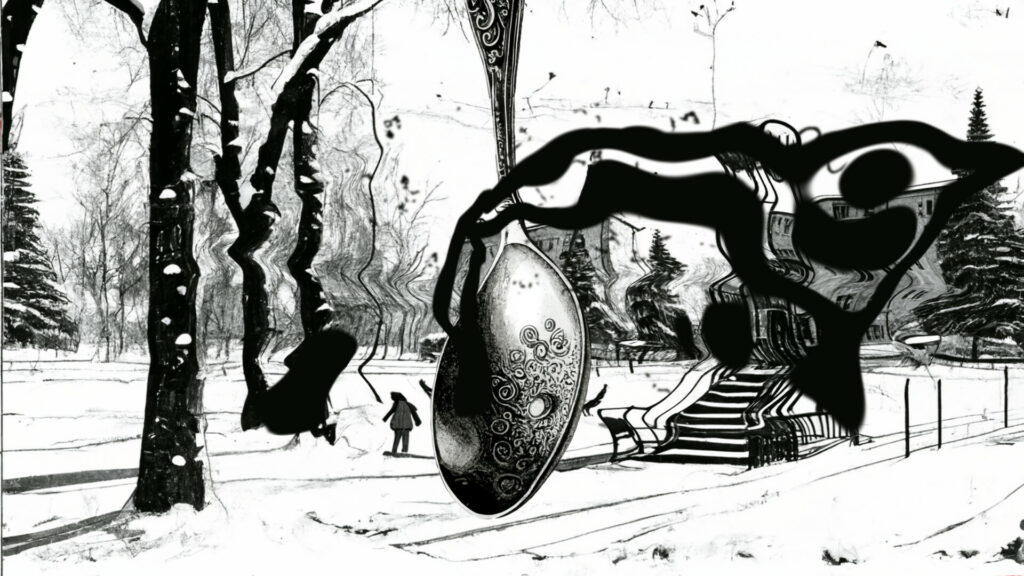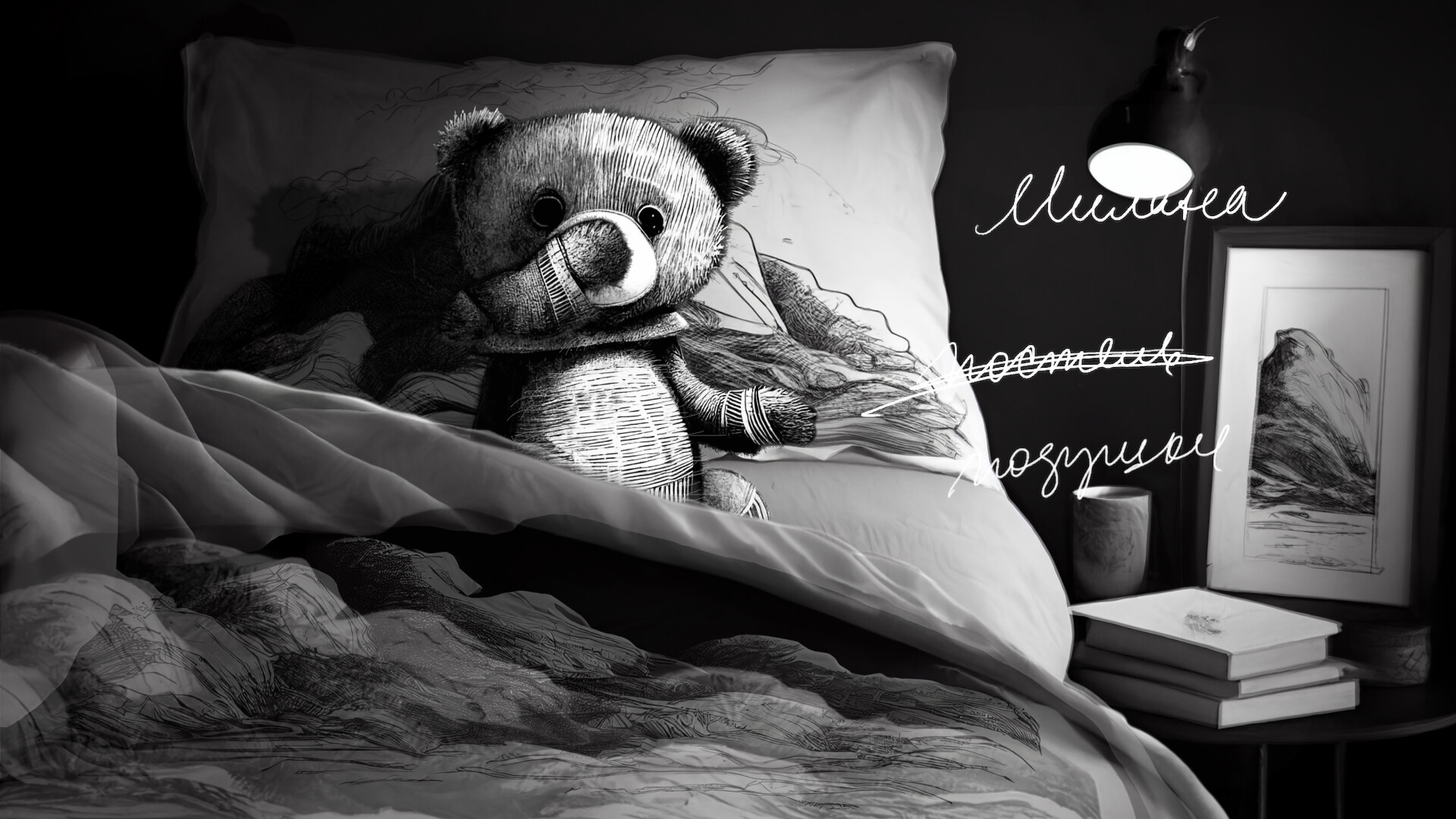
–Who is Sophia Kornienko?
I usually sign my animations as KORNIENKO コニンコー I like how my name begins and ends with “KO” (“little” in Japanese), a cherished symbol of the inner child that I strive to preserve within me.
In my adult life, I’m a professional radio journalist and animated film director, using the medium of animation to tell real stories. I’m trying to look at current events from a timeless perspective and I believe animation can provide that lens, partially because we mentally associate it with our childhood — a timeless dimension that connects all humans.
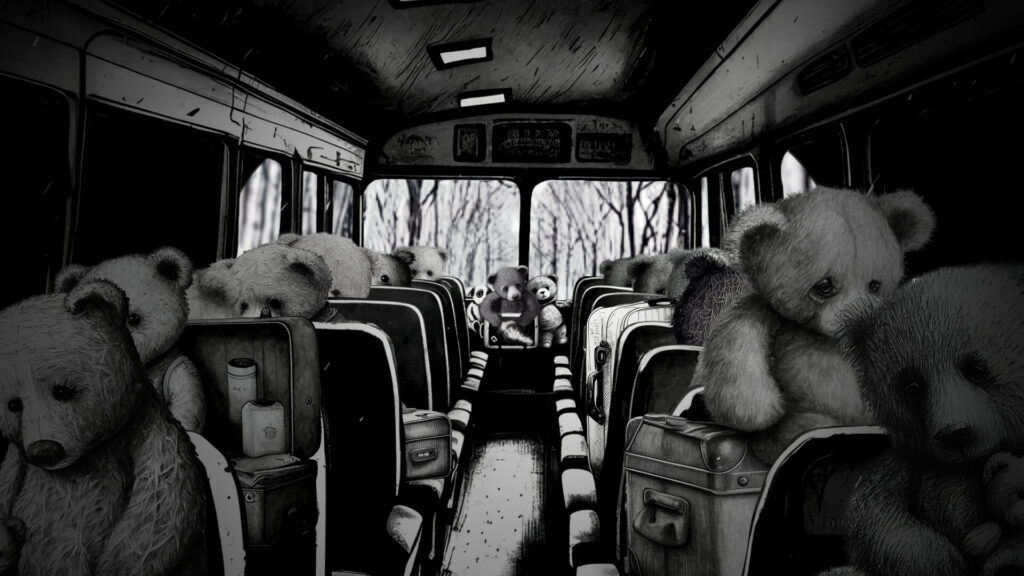
-What inspired you to become a filmmaker?
I have always wanted to preserve the fleeting moments. I studied film and wanted to become a documentary filmmaker, but found it too invasive on people’s lives when I tried it. Animation based on original stories is a more gentle genre, also for the viewer, who may have become weary of the raw newsreel imagery. In my work, I’m trying to preserve testimonials as works of art.
Having moved countries several times, we are a trilingual family. As a journalist and as a migrant, I have become aware of the limitations of verbal language. I have turned to animation in search of a means of non-verbal communication that embraces visual communication and rhythm.
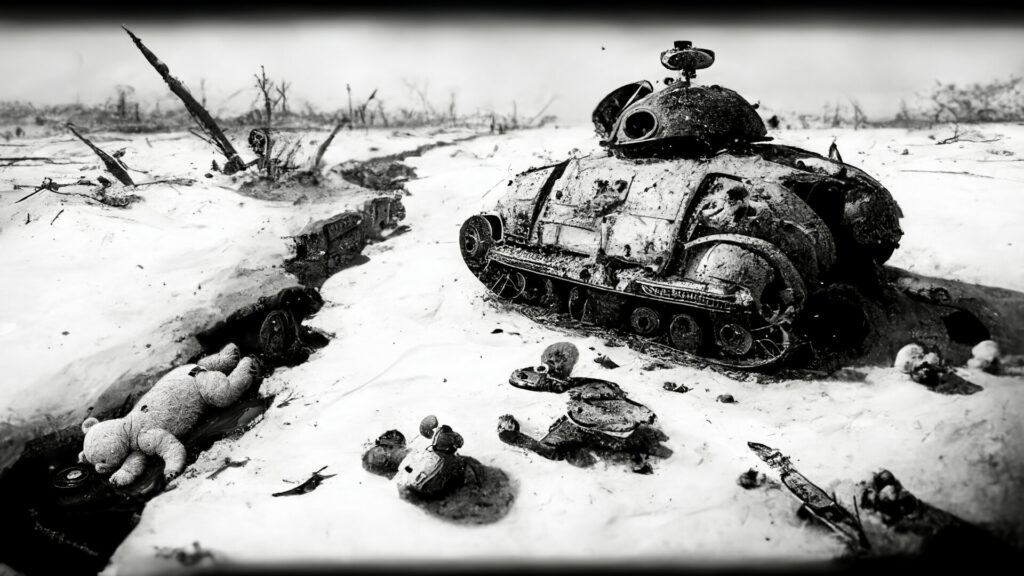
-Do you think the cinema can bring a change in the society?
Anything can bring a change in the society. The gentle flapping of a butterfly’s wings could bring about a tornado somewhere else on the planet. It’s called the butterfly effect. Chaos theory founder Edward Lorenz discovered that a tiny shift in the initial conditions (such as the perturbations created by a butterfly) can lead to significant changes along the way. His original research was based on studying weather patterns, but we have come to realize that such sensitive dependence on initial conditions is actually a property of any complex dynamical system, including a human or the human society.
I like to think of my films and writings as butterflies, fluttering to bring about change.
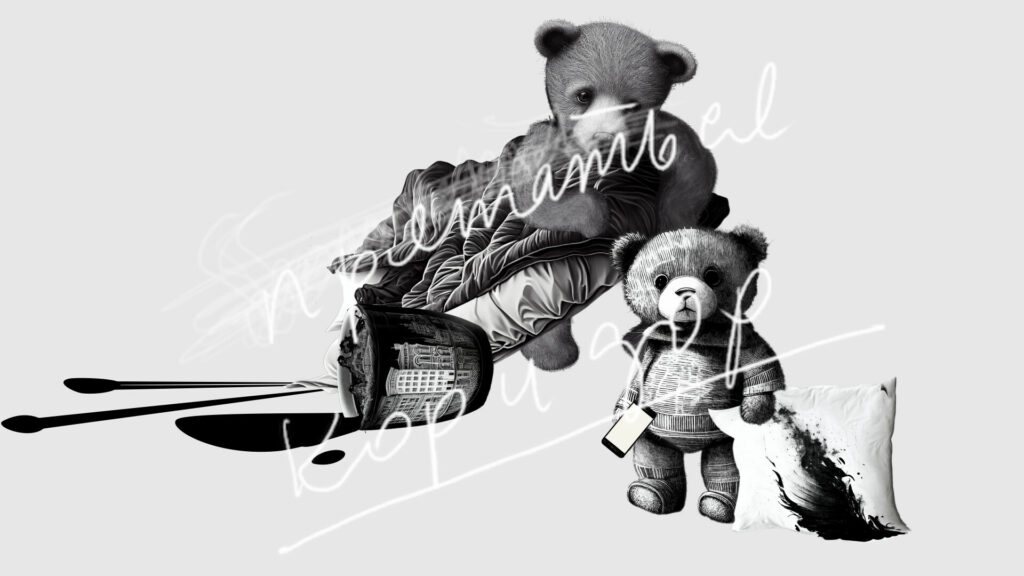
-What would you change in the world?
I want the bloody war in the heart of Europe to end, I want Ukraine to regain its freedom and I want Russia (where I originally come from) or what will become of today’s Russia to stop living in the past and and undertake a sincere phase of self-reflection, akin to Germany and Japan post-WWII.
On a more fundamental level, what I want most is a paradigm shift in terms of how much control we want to exert on other beings. I believe children and kids are the most discriminated group in the society today. It’s a crucial unresolved supremacy bias: the persistent belief that children aren’t people, that they can’t think and that their struggle isn’t serious. In today’s public discourse, it’s more acceptable to speak of training kids (positive and negative reinforcement) than actually listening to them and building human relationships with them. I think this distrust, disrespect and suppression of children’s will and autonomy is the origin of a lot of violence and mental health problems in the world.
I want to see a less authoritarian world. I want to see a world based on horizontal relationships.
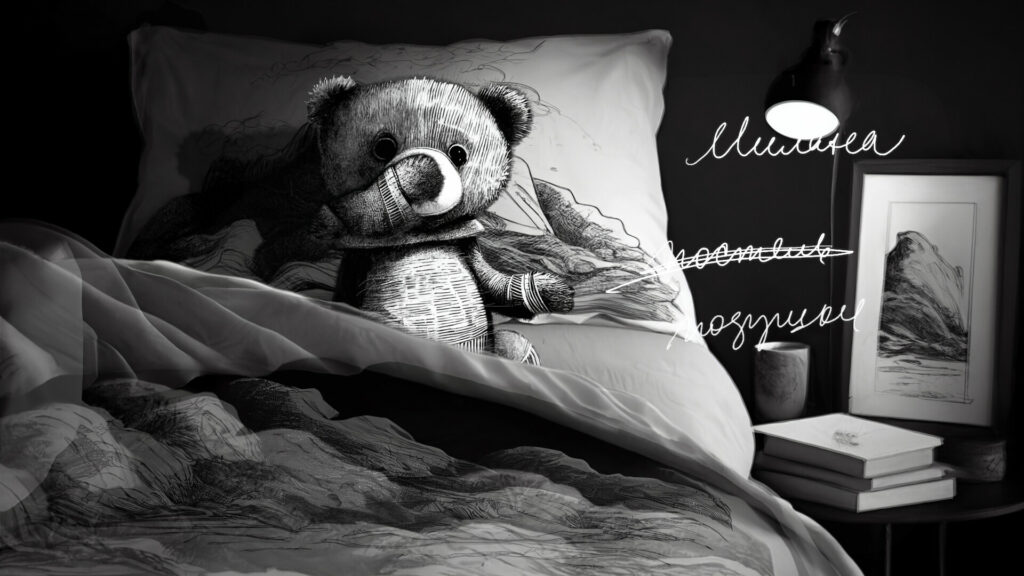
-Where do you see the film industry going in the next 100 years?
The term “film industry” may not even be relevant a century from now. Ultimately, film is just one method of storytelling. I envision a future where digital storytelling converges, creating immersive and individualized experiences, as opposed to the collective theatrical ones we are accustomed to. When creating my animated short films, I keep this vision in mind, aiming for an intimate conversation with my viewer, who I assume will be watching on a personal device, alone. It’s an intimate conversation.
